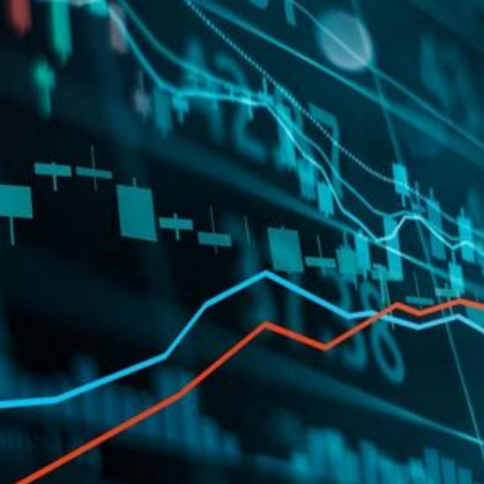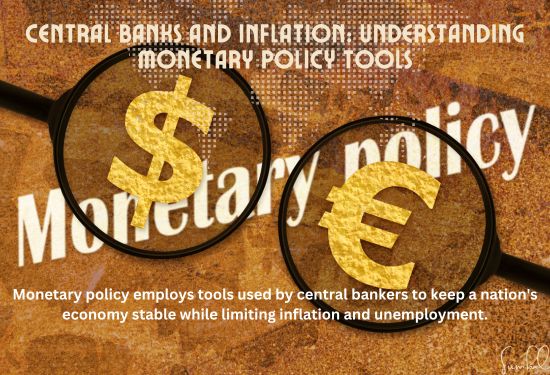In today's world, where technology is rapidly changing, the metaverse and its virtual assets have become a topic of great interest. Wealthy individuals seeking fresh investment opportunities must look deeper than just popular trends to tell the difference between short-lived excitement and real chances for profit.
Beneath the Holographic Surface: The Technological Catalysts
Although some people see the metaverse as just an elaborate online game, the technology behind it is changing our understanding of value. With blockchain technology, non-fungible tokens (NFTs) allow real ownership of digital items, something that was not achievable before. For example, in metaverse platforms like Decentraland, virtual real estate represents more than just a digital space; it’s an actual asset with ownership rights that are documented on the blockchain.
Moreover, improvements in AI-generated content further increase the metaverse's possibilities. Algorithms can produce one-of-a-kind virtual art, avatars, and experiences whenever needed, broadening the market for digital collectibles. These advances go beyond trends; they are establishing the foundation for a new digital economy where scarcity and authenticity can be measured within the virtual world.
The Unseen Market Dynamics
The economy of the metaverse functions differently from conventional markets. In these virtual environments, what people want and what is available is influenced by experiences created by users. Unique online events, like concerts in Fortnite or Gucci's virtual fashion shows, increase the worth of associated items. High-end brands are using the metaverse to introduce exclusive digital goods, finding a new source of income while enhancing their brand exclusivity.

In addition, the "play-to-earn" model has changed how we see the financial possibilities in the metaverse. For example, games such as Axie Infinity enable players to make cryptocurrency by raising and trading virtual pets. Wealthy investors can support gaming groups, collecting virtual assets and securing steady profits. This innovative method of managing digital assets provides options beyond just stocks or real estate.
Risks Lurking in the Digital Shadows
While the metaverse has great potential, it also faces significant challenges. At the forefront is the issue of unclear regulations. Governments around the globe are struggling to define virtual assets, leading to inconsistent legal standards. Investors encounter various compliance issues due to the differing tax rules for virtual asset deals in different regions.Another concern is the lack of technological compatibility. At present, many metaverses function independently, which means that assets cannot be moved between different virtual environments. This absence of uniformity might reduce the value of investments if a certain metaverse becomes less popular. Moreover, the digital divide remains a significant threat. Should the widespread use of the metaverse fail to materialize, the entire virtual asset market could face a downfall.

Strategies for the Discerning Investor
Wealthy individuals can take advantage of opportunities in the metaverse by diversifying their investments strategically. By putting money into assets related to infrastructure like companies developing metaverse technology or blockchain platforms, they can experience lower market fluctuations compared to buying virtual assets directly. Collaborating with virtual art galleries or developers in digital real estate can give them access to carefully selected investment portfolios.It's crucial to conduct thorough research. Evaluating projects for their technological growth potential, community involvement, and long-term goals helps reduce risks. High-net-worth investors should also consider private metaverse initiatives, as they typically provide unique access and higher-quality assets.

In summary, the metaverse and virtual assets go beyond mere trends. For those ready to understand its intricacies with thoughtful strategies, this digital landscape could transform wealth creation in the 21st century.





